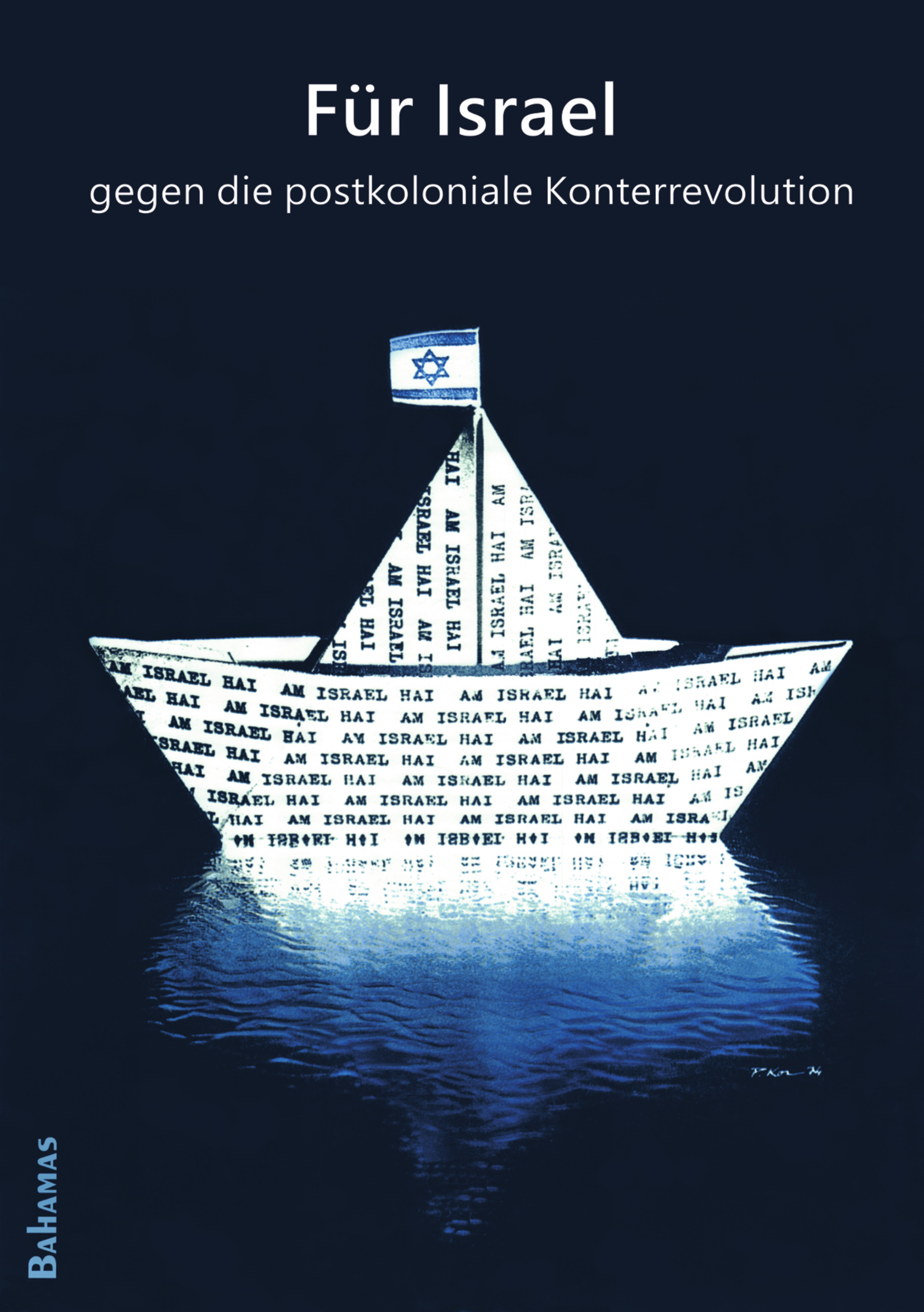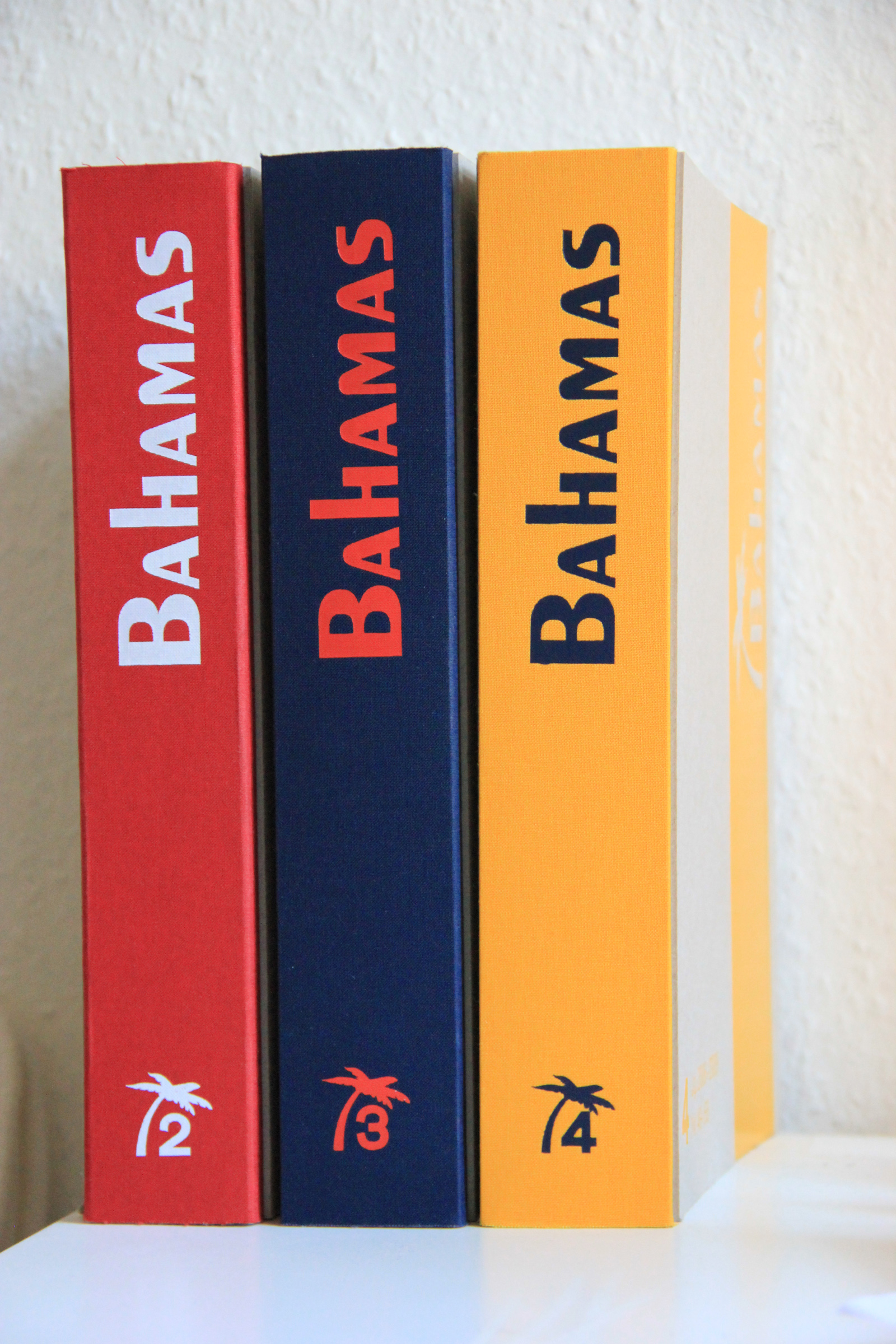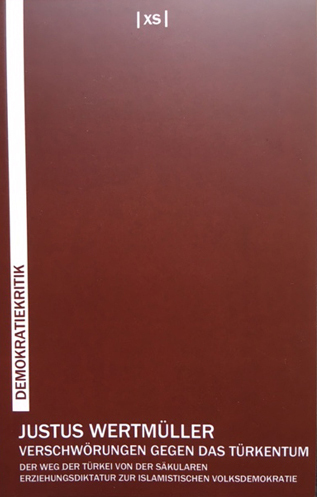„Ladies and gentlemen, I will go on!“
Am 18. Januar ist Ayaan Hirsi Ali nach einer Abwesenheit von immerhin 75 Tagen, während derer sie sich vorwiegend in den Vereinigten Staaten aufhielt, weil sie in den Niederlanden ihres Lebens nicht mehr sicher war, auf die politische Bühne ihres Landes zurückgekehrt. Ein mutiger Schritt, wenn man berücksichtigt, daß nach Salman Rushdie niemand in Europa so viele Morddrohungen bekommen hat wie sie und daß Theo van Gogh in vieler Hinsicht stellvertretend für Hirsi Ali – die „Abtrünnige“ – ermordet wurde.
Hirsi Ali ist eine der wenigen aus dem Kreis der Politiker mit migrantischem Hintergrund in Europa, die offen gegen die Zumutungen islamisch geprägter migrantischer Communities Stellung nimmt. Sie erfüllt die Aufgabe, die Quotenmigranten von der multikulturellen Gesellschaft zugewiesen wird, ausdrücklich nicht. Als ihr die sozialdemokratische Partei, bei der sie ihre politische Karriere begonnen hatte, den politisch korrekten Maulkorb verpassen wollte, wechselte sie zur rechtsliberalen Partei VVD, für die sie seit knapp drei Jahren im Parlament sitzt. Dort kann sie öffentlich den Islam kritisieren, die niederländische Migrationspolitik attackieren und ohne kulturalistische und religiöse Rücksichten, ohne jeden falschen Respekt vor dem grünen Buch und seinen Fans, der Integration von Migranten in eine dezidiert westliche und laizistische Gesellschaft das Wort reden. Doch auch die VVD, so viel aufgeklärter und den Freiheiten des Individuums verpflichteter sie im Vergleich mit dem niederländischen Links-Kartell auch ist, versuchte – allerdings erfolglos – Hirsi Ali Grenzen zu setzen. Als sie die Allerweltsweisheit ausplauderte, daß der Islam für „eine rückständige Kultur“ stehe und den Propheten als einen perversen Tyrannen bezeichnete, der viel Ähnlichkeit mit Bin Laden aufweise, ließ die Parteiführung verlautbaren, daß es sich hierbei lediglich um eine Einzelmeinung handele, die nicht mit der der Partei zu verwechseln sei.
Ayaan Hirsi Ali hat erfreulicherweise erklärt, so weitermachen zu wollen wie sie es bis zur Ermordung Theo van Goghs tat; sie hat insbesondere die Fortsetzung des Filmprojekts „Submission“ angekündigt und sie hat jeden Versuch, sie lediglich als Opfer eines schlimmen persönlichen Schicksals und damit jenseits der Vernunft darzustellen zurückgewiesen. Hirsi Ali hat ein Recht, als Kritikerin zu gelten und nicht als Berufsmigrantin. Dafür kämpft sie und zugleich gegen die multikulturelle Gesellschaft und gegen alle, die in ihr die arme gehetzte Frau sehen wollen, die eigentlich unzurechnungsfähig sei.
Am 18. Januar hat Ayaan Hirsi Ali eine bemerkenswerte Presseerklärung abgegeben. Voll der Hochachtung und Freundschaft für Theo van Gogh, erfüllt von dem Willen, ihren Weg gegen die islamische Zumutung fortzusetzen und sich zu behaupten gegen jeden Widerstand, sei es der von den grünen Mördern, sei es jener der multikulturellen Gesellschaft. In einem anderen Land der selbstgerechten Quotenmigranten, die sich Muslim und Muslima nennen, in der Bundesrepublik Deutschland, ist diese Erklärung natürlich weitgehend unterschlagen worden. Nachfolgend ist sie deshalb in vollem Wortlaut dokumentiert.
Redaktion Bahamas, 21.01.2005
Press conference Ayaan Hirsi Ali, January 18th 2005
I For 75 days I was unable to be here. So I was also unable to be at Theo van Gogh’s cremation. I really only got to know him briefly through the film we made together. Theo was the kind of man you would only ever meet in a free society. Although some people might have found him intolerable, I consider the very fact that we were able to live with and alongside him as a sign of civilization.
And let’s face it … a country without Theo (and people like him) would be a dull, grey place indeed.
The fact that he is no longer here is terrible, especially for his parents and friends, and most of all for his son.
The past weeks have been confusing and sad. I was swamped by reactions, ranging from sharp criticism to passionate words of encouragement to continue. In particular the words of Theo van Gogh’s mother to me touched me deeply. Often I would spend lost moments pottering around in a suitcase full of letters and emails from people whom I do not know, but with whom I feel closely united. In the weeks of seclusion, this is what brought the Netherlands a little closer to me.
II Anyway, what Theo and I had in common was an awareness of the threat formed by the radical Islam. The attack on 2 November brought Dutch society face to face with Muslim terrorism for the first time, something that had already taken its toll in other parts of the world, including the Islamic world. We are talking about an international phenomenon here, not just a local incident. We can thus learn from countries that have, over time, learned to live with threats of terrorism. The Netherlands must become more resilient, and not only in the political sense. We, all of us, will have to be prepared for possible violence.
This is necessary because these attacks also place enormous pressure on the Muslim community. Violence is used by a small minority, while the great silent majority don’t want to be called to account for it. This is understandable from a human point of view, but we need their voice now more than ever before. Terrorism always leads to fear and distrust. We must never give in to that. It goes without saying that there is always room for religion in an open society, but it must be a religion that can be practised freely. That is what I call freedom of conscience. In an open society, all over the world, there is a place for recalcitrant artists, writers and politicians who go against the grain.
III Today I am resuming my parliamentary work. Some people seem to have the idea that my other activities take up most of my time. I don’t see it that way at all. It all began with a sense of social involvement concerning the position of Muslim women. The follow-up to that involvement led to the House of Representatives when I was invited here by the VVD - an invitation which I accepted enthusiastically at a time when complaints about the limited recognizability of Members of Parliament were rife.
I have been a Member of Parliament and a member of the Liberal party for two years now. As the spokesperson for integration I have continuously tried to combine my social involvement with my parliamentary work. I know only too well that any reform in an emotionally charged field like immigration and integration will always call up a lot of resistance. But that applies to all emancipation movements: the fact is that we don’t much like change.
IV For me, it is all about a battle of opinions through peaceful means: words against words. I am not out to hurt or offend people with different beliefs. But this seems difficult to avoid, because the debate on the Islam touches upon old texts and deep convictions.
While I am on the subject of taking offence: I wish my words would not be reduced to some presumed personal suffering. If there is anything that has really annoyed me then it is the cheap speculation about my motives. These have no place in the public debate: I have views and opinions, and I would wish to be judged on the strength of my arguments.
I am ever searching for the right words, however tricky that may be. But I do know I am not alone in this: both in the Islamic world and among the Muslim immigrants in the Western world a number of women have stood up. I am thinking now of Fatima Mernissi in Morocco and Nawal Saadawi in Egypt; but also of Irshad Manji in Canada and Chadhortt Djavann in France. We stand for the right of every woman to an education and to earn her own income.
While filming Submission I thought a great deal about the pictures and the texts. Theo and I discussed the possible dangers exhaustively. We both believed that this film should be possible in an open society. While others often – and consciously - remained silent, Theo let his voice be heard loud and clear. It is terrible to conclude that others have turned to violence. Differences of opinion are part of a democracy: I still believe that only an open debate can lead to a peaceful solution.
Ladies and gentlemen, I will go on!
Quelle: www.vvd.nl/privatedata/DocUpload/40/Statement%20Ayaan%20Hirsi%20Ali%20English.doc
SPALTE3-AKTUELL-RUBRIK
Frühere Aktivitäten sind im Aktuell-Archiv aufgeführt. Dort gibt es auch einige Audio-Aufnahmen.
Alle bisher erschienenen Ausgaben der Bahamas finden Sie im Heft-Archiv jeweils mit Inhaltsverzeichnis, Editorial und drei online lesbaren Artikeln.






